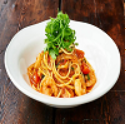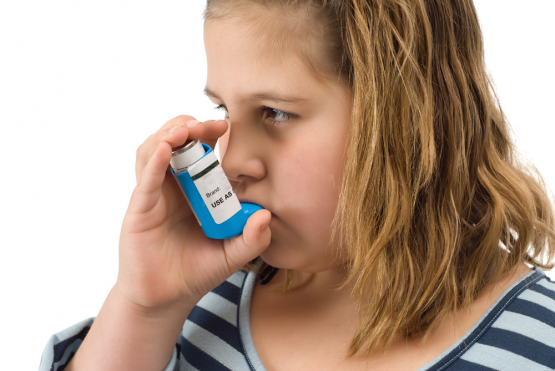Struggling to get a great and loving menu from list of restaurants, Deliveroo provides an easy mechanism to order your meal in simple steps. It offers multiple food section categories like desserts & sweet treats, wallet friendly eats, healthy foods to encourage your diet plan, cream of the crop to get a creamy and tasty food items. It covers almost every type of meal options including breakfast, Greek, Japanese, halal, Chinese, Indian, vegetarian, Italian, American, Lebanese, sushi, thai, Mexican and pizza.
‘

Restaurants at Deliveroo
At Deliveroo world’s finest and loving restaurants & café’s promote their value meals to their customers. Their top most brands include Dome, Little Manila, Jamba Juice, Shiraz Night restaurant, Lemongrass Dubai, Al Waha, Burger and Lobster, Café Bateel, Leila Downtown, Certo Italian, Hanoi, Pots, Pans& Boards and hundreds of others.Order Options
Deliveroo also provides convenient options to order smartly by using their Android and Apple smart phone apps.
Deliveroo Promotions/Discounts
Feeling expensive while ordering, don’t hesitate because Deliveroo offers wide range of promotions, discount codes and saving offers on routine basis. It provides a cash less mechanism to avoid any in-convenience.Why Choose VoucherCodesUAE?
VoucherCodesUAE provides Deliveroo coupon to get AED 20 discount on your food order. Stay tuned to get every new deal and Deliveroo Coupon Code .Visit Site



